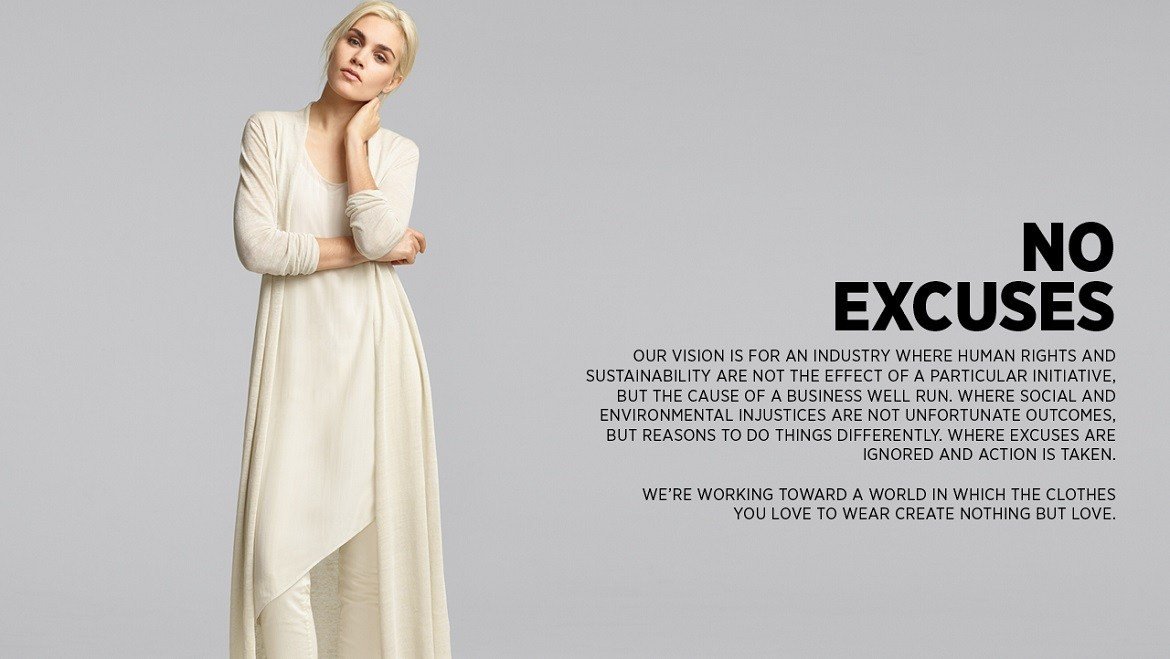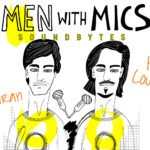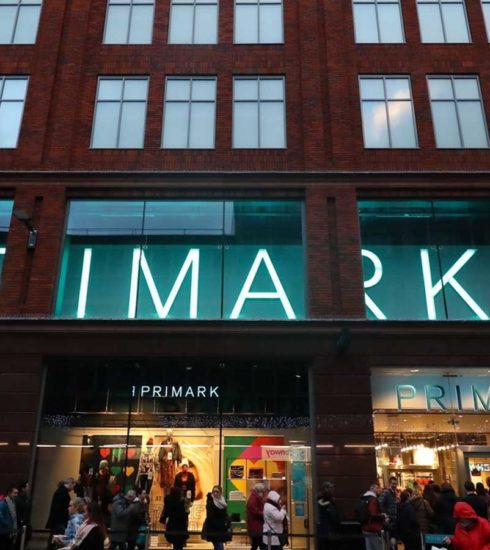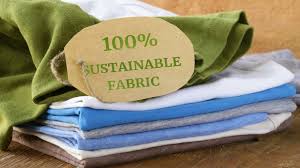We have been following this brand for some time, watching their commitment to sustainability…and now The Reformation are making masks for healthcare workers in LA
Reformation founder Yael Aflalo is passionate about making her business all about sustainability and working with people who have the same beliefs.
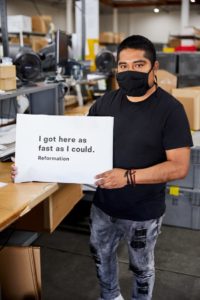
But as things have changed dramatically in the fashion industry, she wanted to engage her business in ways to help out in the crisis. Her company has now partnered with the city of Los Angeles, to launch an initiative called ‘LA Protects’.
It’s plan is to organise local manufacturers to make 5 million non-medical face for people carrying out essential works, but are not on the front line in medical facilities.
The reason? Is to make these masks readily available to these workers (and us ordinary people), so that as many medical grade masks are available for the front line staff that really need them.
By the 20th of April, they had already shipped over 100 thousand masks. This is a company that are fully committed to doing what they can to help with the facilities and expertise that they have. They have a section on the site dedicated to factories looking to produce masks too, with instructions on how to make them.
The New York Times recently ran their tutorial showing people how to fashion their own mask at home, using materials we all have in the house…
About The Reformation
According their company mission, they put sustainability at the centre of everything they do. Image courtesy of Racked.com
“It is an evolving goal and definition, and we don’t have all the answers. But we want to focus on efforts that have the biggest impact. It influences four main areas: Product, People, Planet and Progress.”
Apart from having the mission to make ‘effortless silhouettes that celebrate the feminine figure’, they also source the most beautiful and sustainable fabrics possible to bring those designs to life quickly.
“I want to build a ‘conscious’ mega brand that proves fast fashion and sustainability can coexist,” she wrote in a journal entry at the time. “I want to work with smart talented people, grow a sustainable manufacturing facility and revolutionize the fashion industry.” says Aflolo
In fact, we love their statement: Being naked is the #1 most sustainable option. We’re #2.
They also point out that up to two-thirds of clothes’ carbon footprint occurs after you take it home. And they give us some tips about how we can reduce this ourselves, have a look.

A word from the brand
We put sustainability at the core of everything we do. We invest in green building infrastructure to minimize our waste, water, and energy footprints. By providing on-the-job training and opportunities for growth, we also invest in the people who make this revolution possible.
At Reformation we think about all the costs in creating fashion—not just the price tag. RefScale tracks our environmental footprint by adding up the pounds of carbon dioxide emitted and gallons of water we use, and pounds of waste we generate. Then we calculate how Reformation’s products help reduce these impacts compared with most clothes bought in the US. We share this information on every product page of our website and tell you exactly what impact each garment has on the environment. This way we all get to see the total cost of fashion so you can make empowered choices, and we can keep creating better solutions when it comes to making clothes.
How it works
It’s all about math, and we’re super into it. The whole equation follows the lifecycle of clothes—everything from growing textile fibers and making fabric, dyeing, moving materials, manufacturing, packaging, shipping, garment care, and even recycling clothes when you’re done with them.
It’s not enough just to manufacture sustainably, we also invest in programs that replace the resources we’ve spent, which is where offsets come in. We’ve partnered with the Brazilian Rosewood Amazon Conservation Project and the Bonneville Environmental Foundation (BEF) Water Restoration Program to help put back some of the resources we used. Basically, in exchange for the emissions, water and waste our clothes used last quarter, we protected 1,000 acres of the Amazon Rainforest from deforestation, contributed 27 million gallons of freshwater to critically dewatered rivers and wetlands in California, and purchased landfill gas offsets. Kinda like Venmo, but for the Earth.
The totals
We also publish the totals for all the resources we used, saved, and offset. We can’t wait to see how all those little costs add up and actually make a big difference in the RefScale. Read all about the details and methodology.
Energy-efficiency
We source electricity offsets from 100% wind power suppliers and use LED lighting and Energy Star-rated appliances in our offices.
Recycling
We recycle, compost organic wastes, and recycle or donate our textile scraps whenever possible. Zero waste is our goal. Right now, we recycle about 75% of all our garbage. Our goal is to reach over 85%. Every little thing adds up.
Our team
Over three-quarters of Reformation’s management team are women (roar!) or people from underrepresented populations.
Benefits
We provide health benefits to all full-time employees including our manufacturing team. We’ve even made getting to work part of our mission by offering Metro passes to our entire HQ team to encourage more use of public transportation.
E-commerce
On average, e-commerce uses about 30% less energy than traditional retail. Good news because the majority of our customers use our online site to make purchases (we’re all for never getting out of bed either). We also calculate the carbon footprint of our web server and your screen’s energy demand while browsing the Ref website. And yes, we offset that too!
Hangers & totes
Typical hangers are made of plastic or metal and have the lifespan of only 3 months. We use recycled paper hangers to lessen the demand for new materials and to keep junk from landfills. Americans toss 102 billion plastic bags a year. We opt for reusable totes because they lighten the load. Plus they’re way cuter.
Green building
It’s our mission to design innovative and eco stores. We incorporate materials like LED fixtures, rammed earth, recycled fabric insulation, and other stuff to make our stores as sustainable as possible. We also calculate the construction footprint, and offset our store builds 100%.
All our LA retail stores and HQ West are now green business certified, which basically means we’re operating using strategies that improve energy savings, water efficiency, resource stewardship, and reducing CO2 emissions. You know, all the good stuff. We’re super proud and happy to be part of the green business community of Los Angeles as well as the California Green Business Network. Learn more about it at the California Green Business Network website.
Header Image courtesy of Grazia


